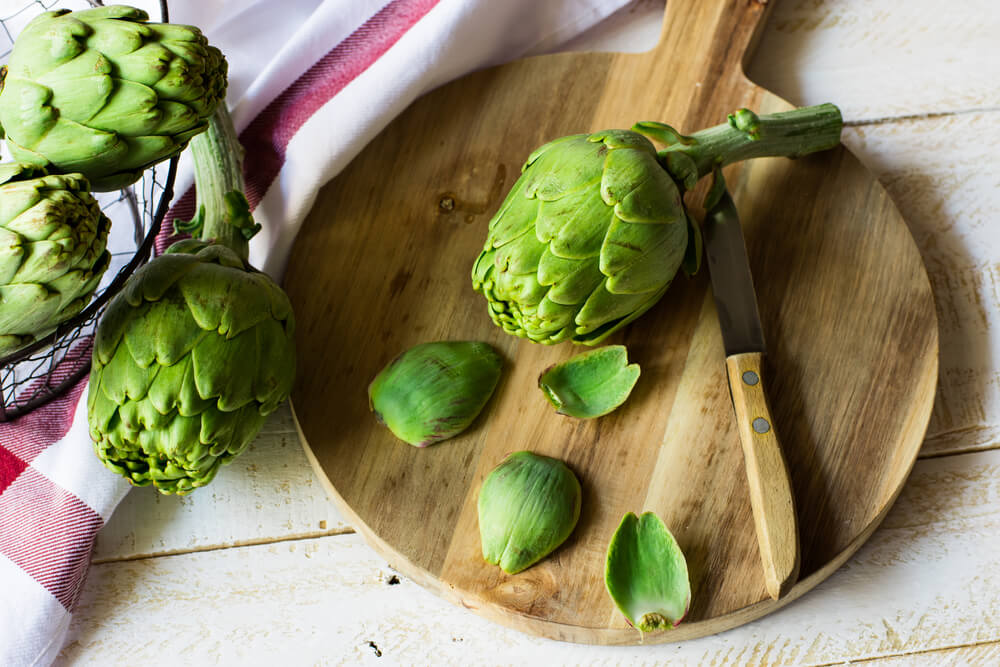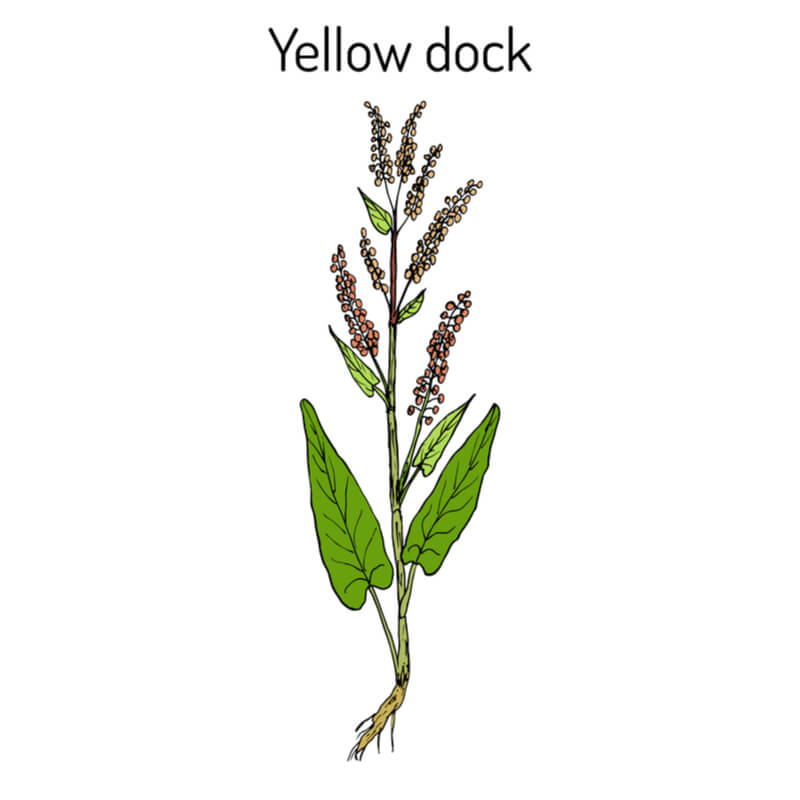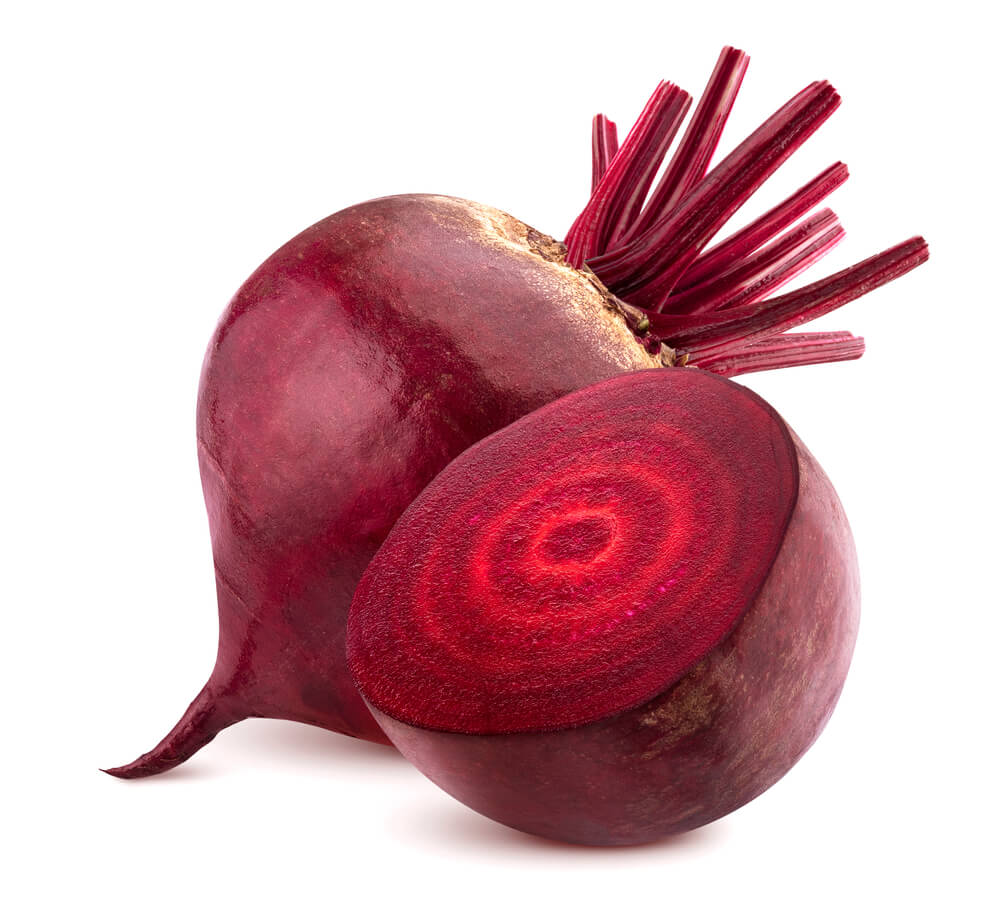Table of Contents
If you're trying to lose weight, you've probably seen advertisements for liver supplements. They promise to regenerate the liver and boost your immune system. Some of them even claim to help you lose weight and improve your mood. Your liver is a big organ that weighs about three pounds and processes everything you eat, including fat. It also produces a yellow-green substance called bile that helps break down food and release energy. But can liver supplements actually do any of these things?
Artichoke leaf

Research has shown that artichoke leaf extract may have positive effects on the liver. In one study, patients with nonalcoholic fatty liver disease who took artichoke leaf extract for eight weeks saw an improvement in their liver function. Their blood sugar, cholesterol, and triglycerides were significantly reduced. Additionally, the patients' waist circumference and BMI were also reduced. These results are promising and are worth trying for better liver health.
The phytochemicals in artichoke leaf are potent antioxidants and immunomodulators. Artichoke leaf extract is thought to relieve stomach pain and indigestion, improve bile secretion, and protect the liver from damage. Some studies suggest that artichoke leaf extract may prevent and treat certain conditions, including high blood pressure, heart disease, and hangovers. In addition to liver protection, the artichoke leaf extract is believed to help prevent and treat obesity and fatty liver disease.
Artichoke extract may help people manage their cholesterol levels by boosting “good” HDL cholesterol. Additionally, it may help reduce “bad” LDL cholesterol by increasing HDL levels. People with high blood pressure may also benefit from artichoke extract, as it can lower their “bad” LDL cholesterol. Artichoke leaf extract has been shown to reduce blood pressure levels and promote good gut bacteria. And, as a bonus, it's a tasty way to improve your diet!
Artichoke extract has a long history of medicinal use, especially for the liver and digestive health. Recent research has found that artichoke leaf extract also has beneficial effects as a nutritional supplement, an antioxidant, and an adjunct to conventional treatments. Recent findings indicate that artichoke leaf extract can protect the liver from CCl4 toxicity, which is dangerous for humans. This leaf extract also has hepatoprotective and antipyretic properties.
Dandelion root
Traditionally used as a supplement to improve liver and gallbladder function, Dandelion Root contains compounds like sesquiterpene lactones, phenolic acids, triterpenes, sterols, and other beneficial substances. The root also contains a number of vitamins and minerals. The benefits of dandelion root for liver health are largely attributed to its anti-inflammatory and antioxidant properties.
Dandelion root is found in many forms, including tea, pills, and extracts. Dandelion root has been traditionally used to improve appetite, relieve constipation, and ease minor digestive problems. Recent research has highlighted the roots' ability to fight cancer. Researchers have found that it induces cell death in pancreatic and melanoma cancer cells, although these effects have not yet been proven clinically. Dandelion root is a natural, non-toxic, and safe supplement for restoring liver health.
Although Dandelion root has not been proven to increase the production of red blood cells, studies have shown that it can boost the immune system and fight free radicals in the body. This helps the liver to detoxify itself and do its job more effectively. In addition to detoxifying the body, dandelion root tea may boost your immune system and help fight inflammation. In addition, it can help fight free radicals in the environment, which may promote cancer and heart disease.
Another benefit of dandelion is its diuretic effect. Increased urination helps the kidneys work properly. Herbalists use dandelion root as a supplement to improve liver function and detoxify the body. Native Americans boiled dandelion leaves in water to improve kidney and digestive problems. Furthermore, dandelion has antiviral and antimicrobial properties, which make it a valuable supplement to your health regime.
Yellow dock root

Yellow dock root is rich in anthraquinones, flavone glycosides, vitamin C, and various carotenoids. It also contains minerals such as iron, sulfur, copper, manganese, and potassium. Its anthraquinone glycosides promote smooth bowel movements and help move wastes through the digestive tract. These properties help the liver produce more bile, which aids in the breakdown of fats.
Traditionally, yellow dock root was thought of as a blood purifier and general detoxifier. But in fact, the plant is useful in several aspects of detoxification. It promotes the production of bile, which aids in the digestion of fats. In addition, it increases the frequency of bowel movements and facilitates the efficient elimination of waste. When used in adequate amounts, yellow dock can help the liver combat the buildup of toxins.
The yellow dock plant is native to North America, Europe, and Asia. Its tall flower stalks are easily recognizable. The leaves are slightly curled. The roots are highly beneficial for the liver and can be combined with other herbs to help people with anemia and chronic skin conditions. Unlike most other herbs, the yellow dock plant also has antimicrobial properties. It has an excellent history of use and deserves to be known as a medicinal herb.
Although yellow dock is useful for the liver, it has potential side effects. Some people may experience indigestion or gas, which can make the symptoms of an ulcer worse. A chemical in yellow dock can also bind with calcium and form kidney stones. If you suffer from these conditions, you should seek medical attention before starting any supplements that contain yellow dock. But in most cases, it is generally safe to take yellow dock for its health benefits.
Milk thistle extract
Milk thistle is a vegetable extract that has numerous health benefits for the liver. It may protect the liver against toxins and improve liver function tests in people who are exposed to chemicals. Milk thistle is also commonly known as the “liver protector” and has been used by humans for over 2,000 years. Research indicates that milk thistle is a natural hepatoprotective and hepatorestorative, and it should be included in any liver supplement.
Milk thistle is traditionally used for several conditions including liver and gallbladder disorders, as well as to prevent and treat cancer. It was also used to boost breast milk production, to reduce the risk of gallstones, and to protect the liver from poisons. Its health benefits are widely known, but there are some questions about its safety. If you're unsure, talk to your doctor before taking any supplements.
While milk thistle is a natural supplement, it can interact with some medications. This herb may inhibit the function of certain enzymes in the liver. For these reasons, you should discuss milk thistle with your health care provider before taking any supplements. Also, milk thistle may interact with anti-seizure medications. Hence, it's essential to discuss milk thistle extract with your health care provider before taking any supplements.
Some recent studies suggest that silymarin may enhance the effects of chemotherapy in some patients. However, scientists need to confirm whether milk thistle can reduce insulin resistance in humans. Although milk thistle is generally considered safe for most people, it can have unpleasant side effects, including gastrointestinal discomfort, headaches, abdominal bloating, and diarrhea. It can also lower blood sugar levels. If you're not diabetic, however, milk thistle may not be right for you.
Beetroot

Research shows that beetroot liver supplements can improve clinical symptoms of nonalcoholic fatty liver disease (NAFLD). The study also revealed that beetroot significantly reduced the level of fatty-liver enzymes and lipid profiles in the NAFLD subjects. However, the beneficial effects were seen in only two of the three cases and could be attributed to the short-term supplementation. Larger samples are needed to validate the results.
While beetroot has a long history of use, most research involves healthy subjects, which limits its application to clinical populations. Most studies have focused on its cardioprotective and ergogenic effects, with a few addressing its anti-inflammatory effects. However, beetroot supplementation could have a role in influencing inflammation and oxidative stress, which are two common markers of aging and disease. Therefore, beetroot liver supplements have the potential to help patients suffering from diseases such as diabetes and hypertension.
The beneficial effects of beetroot are mediated by nitrate and hepatic insulin resistance. Research has shown that betaine significantly reduces the symptoms of nonalcoholic fatty liver disease, as well as the associated hepatic insulin resistance. In one study, betaine increased the availability of nitric oxide (NO) and improved endothelial function. It is also a promising therapeutic treatment for oxidative stress. Because beetroot contains betalain pigments, its constituents show potent antioxidant and anti-inflammatory properties.
Research has shown that beetroot is an excellent source of potassium. Beetroot is cultivated around the world. Beetroot is used in liver supplements for a number of reasons, including its ability to protect the liver from damage and inflammation. It also helps improve athletic performance. It can increase energy and reduce the risk of developing chronic diseases. The benefits of beetroot liver supplements can be seen in the elderly. The supplement may even improve the cognitive function in the elderly.




Comments
Loading…